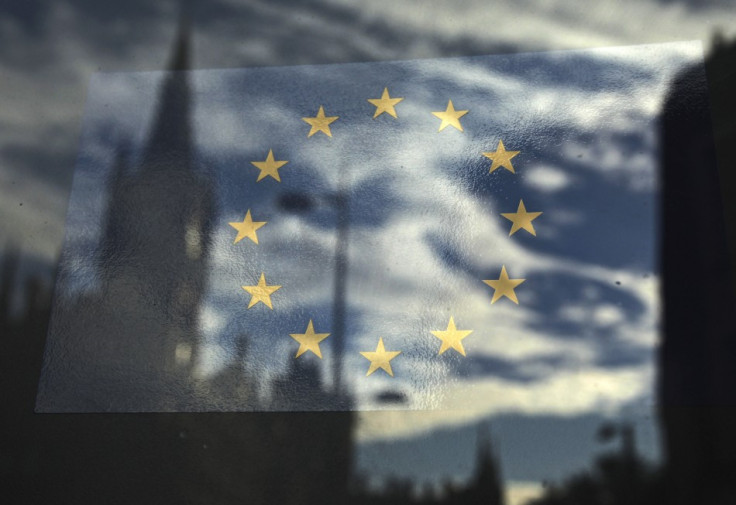UK Thinktank IEA Offers €100,000 Reward for 'Brexit' Plan

A British thinktank has offered to stump up a €100,000 reward for the person or institution that devises the best strategy, for the UK economy to flourish, should the public vote against staying in the European Union.
The Institute of Economic Affairs (IEA) announced it will offer the 'Brexit'- Britain's exit from the EU- Prize for the best plan on how the country can end its 40-year membership without causing too much disruption to the economy or future growth.
The IEA said that Britain's EU withdrawal is becoming a serious possibility after Prime Minister David Cameron pledged to give the electorate an 'in-out' referendum vote by the end of 2017.
"An 'Out' vote in a British referendum would be a major historic geo-political and economic event, perhaps even comparable with the fall of the Berlin Wall and the subsequent collapse of the Soviet Union and re-unification of Germany," said the group in a statement.
"It is time, therefore, that the UK explores the process of withdrawal and its economic and political consequences.
"This competition is designed to examine the process of withdrawal and, more importantly, how the UK might fit into the fresh geo-political and economic landscape that would follow."
The Process
The IEA has placed a 16 September deadline for submissions, with the winner being announced in 2014, to coincide with elections to the European Parliament.
Initial submissions will be around 2,000 words and the competition's initial judging panel will whittle down a shortlist of 20 applications.
The panel will then invite the authors to make full submissions of between 10,000 and 20,000 words within a further four months.
The panel of judges will be chaired by former Conservative finance minister, under Margeret Thatcher's rule, Lord Nigel Lawson.
"Much of this debate has generated more heat than light. It is crucial that we should look into the policy framework that would be needed if Britain decides to leave," said Lawson.
Other members include eurosceptic Labour politician Gisela Stuart and controversial British constitutional historian David Starkey.
Other prizes include €10,000 for second place, €5,000 for third place and a special prize of €5,000 for the best entry from an individual aged 30 or under.
© Copyright IBTimes 2024. All rights reserved.






